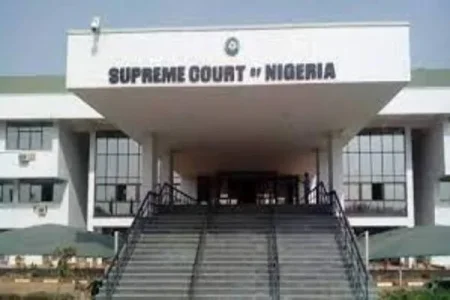
Supreme Court grants full autonomy to Nigerian LGAs, and mandates direct federal allocations. Reactions varied on governance implications and accountability.
The Supreme Court of Nigeria's recent ruling, which mandates the federal government to directly allocate funds to local government councils, has elicited varied reactions across the country.
Delivered by a seven-member panel of justices, the judgment aims to curb state government interference and enhance local governance by ensuring funds meant for local governments are no longer withheld or misused by state authorities.
The ruling follows a suit filed by the Federal Government against governors of the 36 states, highlighting longstanding disputes over the autonomy of local governments stipulated in the Nigerian Constitution. Supporters of the ruling have lauded it as a significant victory for democracy and rural development, emphasizing that direct allocations will empower LGAs to better serve their communities.
Critics, however, have voiced concerns about the potential for corruption and mismanagement at the local level, urging stringent oversight to ensure funds are used transparently and effectively. The decision marks a pivotal moment in Nigeria's governance landscape, prompting discussions on the broader implications for decentralization and accountability in public administration.




